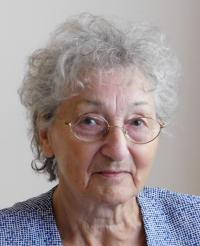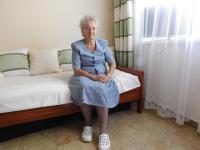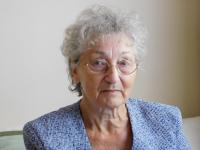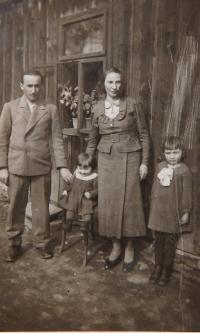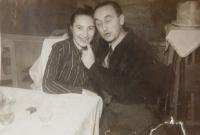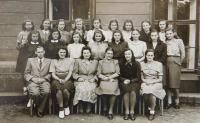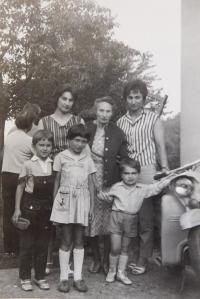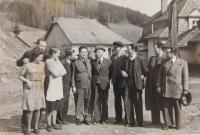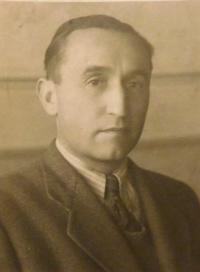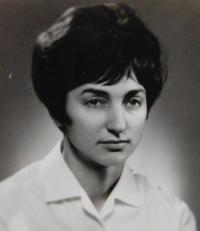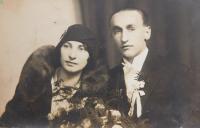A courageous secretary

Stáhnout obrázek
Eliška Michalská, née Rosková, was born March 8, 1932 in Prostřední Bečva. When she was four years old, her father Eduard Roska became a secretary in Horní Bečva and the family moved there to an apartment provided by the village‘s administration office. Her father was an important and very active member of a resistance group in Horní Bečva during Second World War. Among other, he was guiding people over the border and supporting partisans. Twelve-year-old Eliška was helping him. She was accompanying him when he was delivering supplies to the partisans and she was also delivering messages between the members of the resistance group. However, her father was arrested by the Gestapo on November 5, 1944 and on January 9, 1945 he was shot to death in the Kounic Student Residence Hall in Brno. Shortly after the liberation, a new chairman of the village administration committee had Eliška‘s mother and her two daughters evicted from the apartment. Eliška‘s mother was desperate as she had no news of her husband at that time and she did not know whether he was alive or dead. She suffered from serious health problems and she was not receiving any widow‘s allowance; this was granted to her only several years after the war. The family eventually moved to Nový Jičín, where Eliška married Zdeněk Michalský in 1953. He had spent several months in a communist prison before they married, because he had not reported to the authorities the intentions of his friend Miroslav Nový who was planning to escape the country. Eliška Michalská still lives in Nový Jičín.
